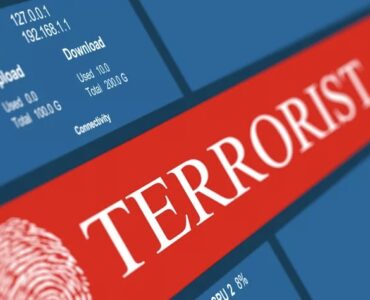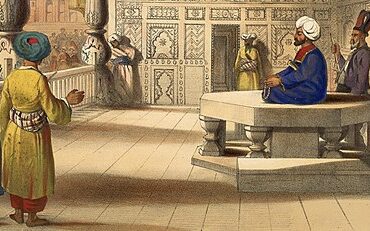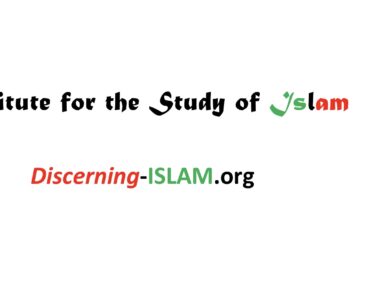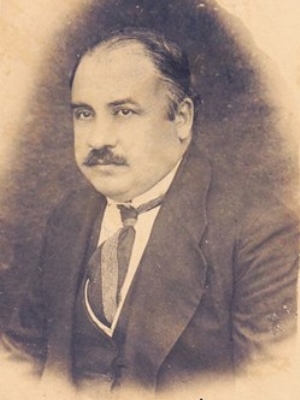
Conflicts in Chad
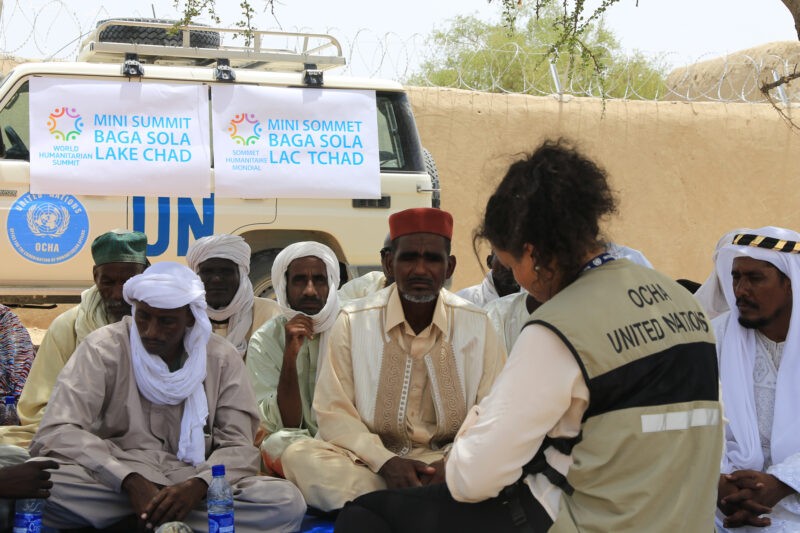
Chad, Central Africa
Chad faces a variety of complex challenges internally and externally. Some of these challenges are interconnected and are often exacerbated by internal divisions between government and anti-government forces.
Internally, Chad has witnessed various power struggles since gaining independence from France in 1960. Amongst various coup d’état’s, Idriss Déby took power in 1990, though has frequently been accused of committing brutal crackdowns on critics. The Chadian police have similarly been accused of unjustifiably detaining and shooting protesters in N’Djamena city and other areas around the country, whilst freedom of speech is extremely limited in the country. Idriss Déby has sought to extend his terms in office multiple times and has extended his own powers to do so.
Under such crackdowns and power struggles, Chad has also experienced various internal conflicts on ethnic, religious, and tribal grounds. Christian populations have historically been targeted, whilst ethnic groups compete for power, contributing to the wider social and political tensions seen in the country
As a landlocked nation, Chad relies on its natural resources, particularly oil, and has suffered from conflicts over natural resources. The farmer-herder conflict over land use, which is also seen in other Sahel countries, has been a central point of concern in the country. The tension surrounding the use and scarcity of land has also been worsened by conflicts externally occurring in neighbouring Sudan and the Central African Republic, which has resulted in Chad taking in huge numbers of refugees.
Externally, Chad has faced a history of conflict with neighboring countries. The long-lasting land dispute between Libya, although resolved in 1990, can still be felt today, with Chad closing its border with the country in 2018. Interference between the neighboring conflicts of Sudan and the Central African Republic has also caused tension. Militia from Sudan and Chad have often clashed with each other, resulting in the closing of borders, severely hampering diplomatic ties and impacting the conditions of refugees.
Chad also encounters threats from the Lake Chad Region, mostly caused by political instability and the rising threat of terrorism, notably Boko Haram. Chad is a key member of the Multinational Joint Task Force with Nigeria, Cameroon, and Niger to combat this threat. International peacekeeping missions from the UN and EU and intervention by countries such as France have been active in the region to prevent the rise of jihadist groups and to protect refugees from neighboring countries. Some of these peacekeeping missions, however, namely MINURCAT, have been criticized for their performance in the region.
Following President Idriss Déby’s death on On 20 April 2021, as a result of wounds sustained during clashes with rebels, the military immediately suspended the constitution, formed Transitional Military Council (CMT), and named Déby’s son, Mahamat Idriss Déby, as the new CMT president. The CMT has called on armed groups to engage in dialogue.
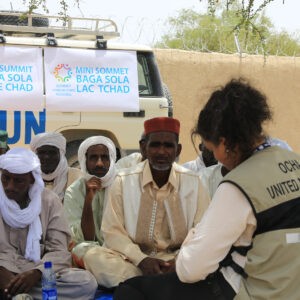
Key Facts
People Killed – 30,000
People Displaced – 3 Million
People Displaced – 15.9 Million’
Types of conflicts: Tribal, ethnic, religious, terrorism, herder-farmer
In need of humanitarian assistance: 5.3 million (UN estimates)
IDPs: 1 million (UN, 2022)
Refugees: 380,000 (UN, 2022)
Total number of new arrivals since 22 December: 6,386
Refugee returnees: 100,000
The Situation
Stalemate
Throughout 2021, the Chadian military have engaged in conflict with rebels operating in the Northern area of the country. Although claiming victory, the conflict resulted in the death of President Idriss Deby.
Conflicts In Chad: A Timeline Of Atrocities
Section 1400: Terrorism Links: Groups & Individuals
Conflicts In Chad
10/2024
See COPYRIGHT information below.
